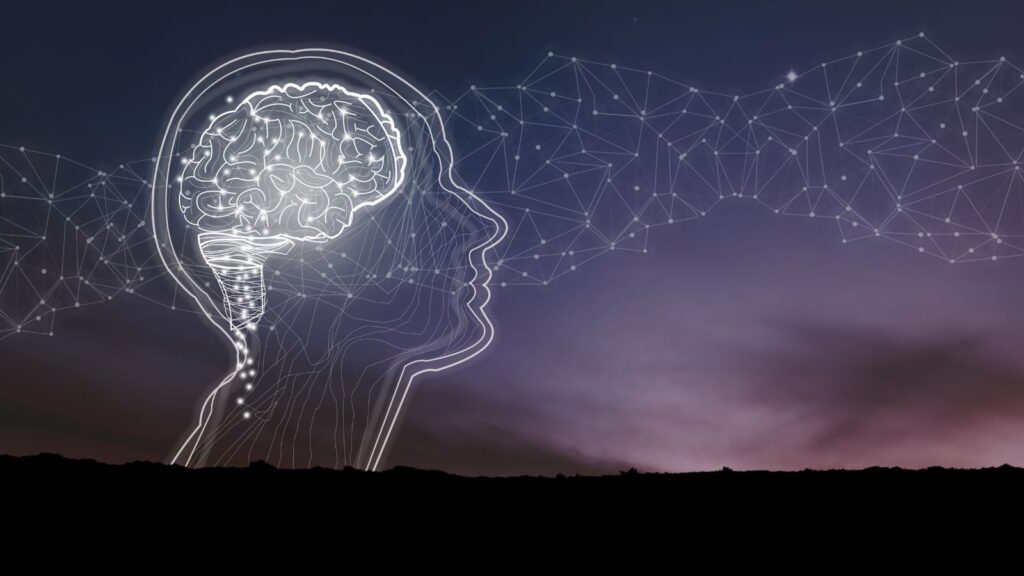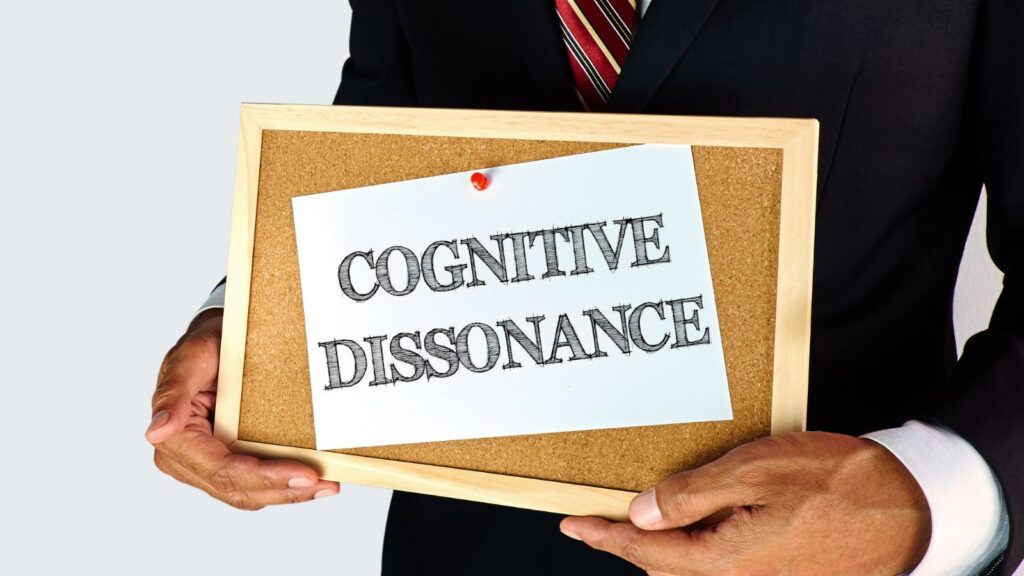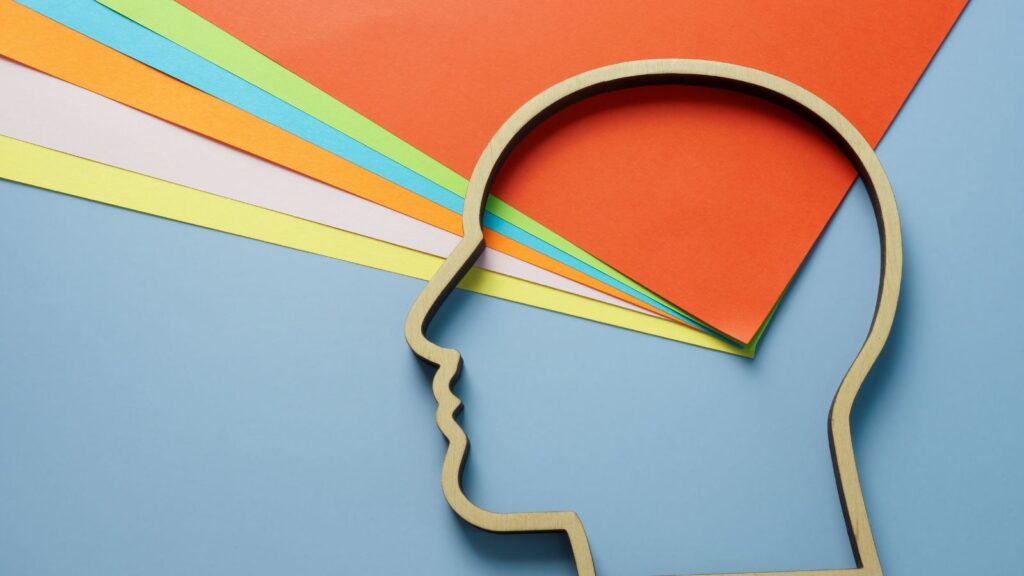Our minds are wild, wonderful, and sometimes downright weird. Despite all the advancements in psychology, there are still many aspects of the human psyche that can surprise even the most seasoned psychologists. So buckle up and get ready to be amazed as we dive into 18 psychological facts that might just blow your mind.
Your Brain Can Make You See Things That Aren't There

Ever thought you saw something out of the corner of your eye, only to find there's nothing there? You're not alone. Our brains can play tricks on us, leading to hallucinations. This can happen when you're tired, stressed, or even just in a super creative space. Imagine your brain as your own personal special effects studio, filling in gaps in your perception with random visual effects.
We Can Only Maintain so Many Friendships

You might think you have hundreds of friends, but it's time to think again. According to Dunbar's number, humans can maintain around 150 stable relationships. This includes family, friends, and acquaintances. Any more than that, our emotional resources get stretched thin, leading to more superficial connections. So, it’s totally okay if your Facebook friend count isn’t in the thousands; this only means that you’re right on track.
The Halo Effect Influences Our Judgments

Looks matter more than we'd like to admit. The halo effect is a cognitive bias where our overall impression of a person influences how we feel and think about their character. Attractive people are often seen as more intelligent, capable, and trustworthy, even if there's no evidence to back that up. It’s why good-looking folks often get the benefit of the doubt, like that charming barista who always seems extra smart and friendly.
Memories Are Shockingly Unreliable

Think your memories are like a perfect video recording of your life? Nope. Memories can be distorted by time, emotions, and even suggestions from others. Studies show that false memories can be implanted, making us believe in events that never actually happened. So, next time you and a friend argue about what really went down at that party, remember your brain might be tricking you.
The Placebo Effect is Powerful

Believe it or not, your mind can heal you. The placebo effect happens when you experience real improvement in your condition after getting a treatment with no therapeutic value. This psychological phenomenon shows the power of belief and expectation in health and recovery. It’s like your brain has its own magic wand, waving it around to make you feel better.
Your Subconscious Knows More Than You Do

Your subconscious mind is always working behind the scenes, processing information that your conscious mind might miss. It influences your behavior, preferences, and decisions in ways you're often unaware of. Those gut feelings and intuitions you feel are often your subconscious giving you a nudge. Ever had a hunch about something that turned out to be right? Thank your subconscious. It’s like your personal behind-the-scenes advisor.
Being in Nature Boosts Mental Health

Nature has a profound effect on our well-being. Studies have shown that spending time in green spaces can reduce stress, anxiety, and depression. The biophilia hypothesis suggests that humans have an innate affinity for nature, which can enhance our mental and emotional health. So, next time you're feeling down, take a walk in the park to make yourself feel better. Think of it as a natural reset button for your brain.
Fear Can Be Inherited

Ever wondered why you have certain irrational fears? It turns out that fear can be passed down from generation to generation. Research in epigenetics has shown that trauma and fear responses can be inherited, meaning your anxieties might stem from your ancestors' experiences. So, if you're scared of snakes, it might be because your great-great-grandma had a run-in with one. It’s like inheriting your grandma’s old necklace but with more anxiety.
Your Brain Shrinks with Age

Aging doesn’t just affect our bodies; it also affects our brains. From around the age of 30, our brains begin to shrink in volume, especially in the frontal cortex. This shrinkage can impact memory, decision-making, and other cognitive functions. It’s a bit unsettling to think about, but it’s just another part of getting older. Think of it as your brain going through a bit of a spring cleaning.
Smiling Can Trick Your Brain into Happiness

Next time you're feeling down, try smiling. It might sound simplistic, but the act of smiling can trigger the release of endorphins and serotonin, the brain's feel-good chemicals. This is part of the facial feedback hypothesis, which suggests that facial movements can influence our emotional experience. So, put on a happy face, and it might just make you feel better. Fake it ‘til you make it, right?
Cognitive Dissonance Makes Us Rationalize

Ever done something that goes against your beliefs? Cognitive dissonance is the discomfort we feel when our actions don’t match our values. To ease this discomfort, we often rationalize our behavior, convincing ourselves that it wasn’t so bad after all. This mental gymnastics helps us maintain our self-image and justify our actions. Remember that time you skipped the gym but told yourself you needed the rest? Classic cognitive dissonance at work.
The Pygmalion Effect Boosts Performance

Believing in someone's potential can actually help them perform better. The Pygmalion effect, also known as the Rosenthal effect, shows that higher expectations lead to improved performance. If you expect more from someone, they're likely to rise to the occasion. So, maybe give that underdog a little more faith, and they might just surprise you.
Color Influences Our Emotions

Colors can evoke powerful emotions and influence our behavior. For example, red can increase heart rate and create a sense of urgency, which is why it’s often used in clearance sales. Blue, conversely, tends to have a calming effect and is frequently used in hospitals and spas to promote relaxation. Ever notice how restaurants often use red to make you hungry? That’s no accident. It’s like a color-coded mood ring for your brain.
Groupthink Can Lead to Poor Decisions

When people are in groups, they often strive for harmony, sometimes at the cost of making sound decisions. This is known as groupthink, where the desire for consensus overrides a realistic appraisal of alternatives. It can lead to poor decisions and has been blamed for major historical and corporate blunders. Just think of the Bay of Pigs invasion, a classic case of groupthink gone wrong. It’s like a bad episode of “Friends” where no one wants to disagree.
The Pratfall Effect Makes You More Likeable

Did you know that making a mistake can actually make you more likable? The pratfall effect suggests that people tend to like others more when they see them make a blunder, as it makes them appear more human and relatable. So next time you trip up, don’t sweat it; it might just endear you to those around you. Spilled coffee on your shirt before a meeting? You might have just won over a colleague.
Music Changes Your Perception of Time

Ever noticed how time flies when you're enjoying a song? Music has the ability to alter our perception of time. Upbeat tunes can make time seem to pass more quickly, while slower, more melancholic music can make us feel as if time is dragging. This phenomenon is used in everything from workouts to shopping malls to influence our experience. Next time you’re waiting in line, see if the music makes a difference. Perhaps it feels like having a personal time machine in your earbuds.
We’re Bad at Predicting Our Future Emotions

Humans are notoriously bad at predicting how we’ll feel in the future. This concept, known as affective forecasting, explains why we overestimate the impact of future events on our happiness. Whether it’s winning the lottery or losing a job, we tend to think these events will affect us more profoundly and for longer than they actually do. So, that dream vacation might not be as life-changing as you think, but it’ll still be fun. It’s like thinking a new phone will solve all your problems. It won’t, but it’s still nice to have.
Social Media Can Alter Your Brain

Scrolling through social media can do more than just pass the time. Studies have shown that excessive use of social media can alter brain function and structure, affecting areas related to attention and decision-making. It can also impact mental health, leading to increased feelings of anxiety, depression, and loneliness. It’s a bit scary to think about, but moderation is key. Not unlike eating candy, it's fine in small doses, but too much can be a problem.
The human mind is an intricate web of fascinating quirks and capabilities. These psychological facts remind us that there's still so much to learn about ourselves and each other. So the next time you notice something odd about your behavior or thoughts, just remember that it’s all part of the wild ride inside your head.
30 Traditional Sayings That Are Now Considered Offensive by Woke Culture

30 Traditional Sayings That Are Now Considered Offensive by Woke Culture
21 Habits Often Associated With Having a Lower Social Status

21 Habits Often Associated With Having a Lower Social Status
25 Social Issues Gen Z are Determined to Cancel

